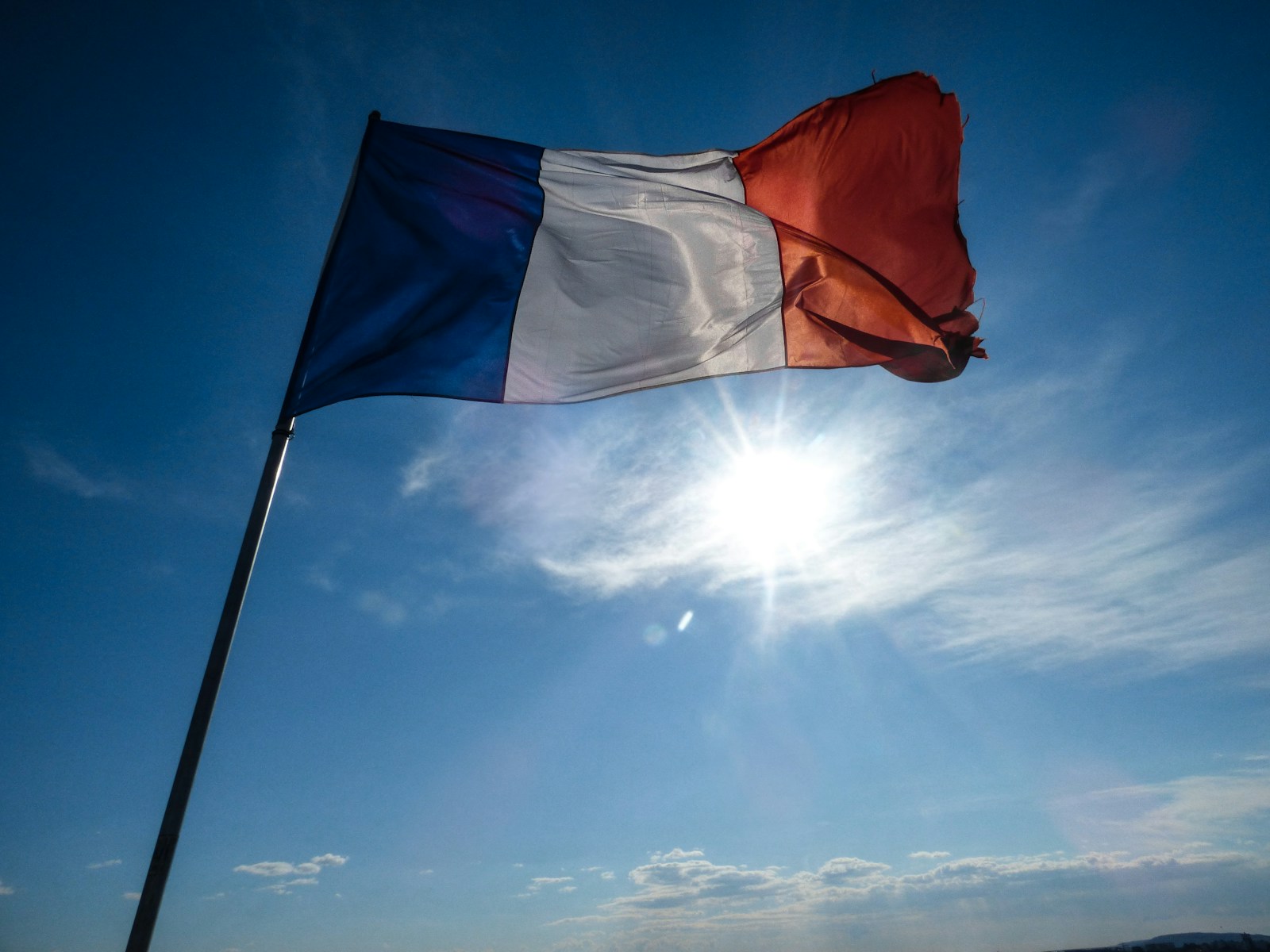Key Takeaways
• Rep. Anna Paulina Luna backs a plan many call a Russian deal.
• Critics argue it’s a Russia-written surrender document, not peace.
• Legal analysts and security experts accuse her of echoing Russian propaganda.
• Local voters in Pinellas County question her role in Congress.
• Debate spotlights U.S. influence in Ukraine peace talks and partisan divides.
Why the Russian Deal Is Causing So Much Controversy
Rep. Anna Paulina Luna said a strong deal is ready for Ukrainians. She claimed Russia is ready to come to the table. As a result, the U.S. will back a path to peace. However, many see this as a Russian deal thinly veiled as diplomacy. They say the proposal reads like a Russia-written surrender document.
Luna insists she wants to end the war quickly. She added the U.S. leads peace talks and builds a real framework. Moreover, she urged people not to trust “fake news” or “pro-war psychos.” She praised Senator Marco Rubio and former President Trump for handling the issue. Yet, her words sparked sharp criticism from across the aisle and beyond.
Lawmakers Clash Over the Russian Deal
Soon after Luna’s statement, former Marine sergeant Harrison Lansing fired back. He called the plan a “Russia-written surrender document, not a deal.” He argued it would force Ukraine to give up territory and let Russia keep gains. Lansing said real peace must respect Ukraine’s sovereignty.
In response, Luna doubled down. She claimed critics only want to prolong the conflict. She said anyone doubting her view ignores the chance for lasting peace. Then she thanked her audience for paying attention. Her tone left some calling her out as a puppet for Russian interests.
Later, Luna released a second comment. She emphasized the U.S. is leading peace negotiations. She said she’s proud to support a framework that ensures Ukraine’s safety. However, the core plan still drew fire as the “Russian deal” that critics fear. Luna’s focus on ending the war quickly created more debate than calm.
Critics Accuse Luna of Fronting for Russia
Several experts weighed in online. Popular legal analyst emptywheel wrote that Luna fronts for a key Russian oligarch. She said people should not trust someone echoing Russian talking points. Jonathan Eyal of a British defense institute asked Luna about her ties to Russia’s favorite oligarch. He said the public deserves more transparency on those dealings.
Meanwhile, former federal prosecutor Ron Filipkowski blasted Luna on social media. He accused her of being Putin’s spokesperson in Congress. He posted that she posts day after day echoing Russian propaganda. He added it was sad that Pinellas County chose such a representative.
Such comments show how tense U.S. politics have become. When a lawmaker uses the term Russian deal, critics quickly link it to propaganda. They warn of foreign influence in American debates. Consequently, Luna’s reputation took a hit among some GOP members. Yet, her core supporters still defend her stance on peace.
What’s Next for Peace Talks and U.S. Politics
Looking ahead, the fight over this Russian deal could shape future policy. If Luna’s view gains traction, it might push the U.S. toward a quick ceasefire. However, if critics win the argument, Congress could block any plan seen as soft on Russia. Either way, the debate shows how divided America remains over Ukraine.
In Pinellas County, some voters worry about Luna’s impact in Washington. They ask whether she truly represents their views. Others applaud her push for peace, no matter the price. This split reflects a larger trend in U.S. politics, where foreign policy can become a local issue.
Moreover, the Russian deal saga reveals the challenge of negotiating in modern wars. Information flows fast online, and rivals use it to shape narratives. In this case, Russia is accused of writing a proposal and building a web of support. Then, social media amplifies every claim and counterclaim.
As Russia signals it wants talks, the U.S. must decide how to respond. Will lawmakers accept a quick peace or hold out for stronger terms? Above all, Americans must weigh the risks of a flawed deal against those of a prolonged war. Both choices carry heavy stakes for global security and U.S. credibility.
Conclusion
The controversy over this Russian deal shows both the power and danger of modern diplomacy. Rep. Luna’s support ignited fierce backlash and raised tough questions. Critics warn of foreign interference and the price of a rushed peace. Supporters stress the need to end suffering and save lives. As debates continue, one fact remains clear: the path to peace will not be simple, and the battle over words can be as fierce as any fight on the ground.
FAQs
Who first called the proposal a Russian deal?
A former Marine sergeant, Harrison Lansing, labeled it a “Russia-written surrender document.”
Why do experts say Luna echoes Russian propaganda?
Legal and security analysts note her statements match themes pushed by Russian interests.
How might this controversy affect Ukraine negotiations?
It could push U.S. lawmakers to block or reshape any peace plan seen as too lenient.
What do Pinellas County voters think about Luna’s stance?
They remain split; some want a quick end to war, others fear a bad deal with Russia.
